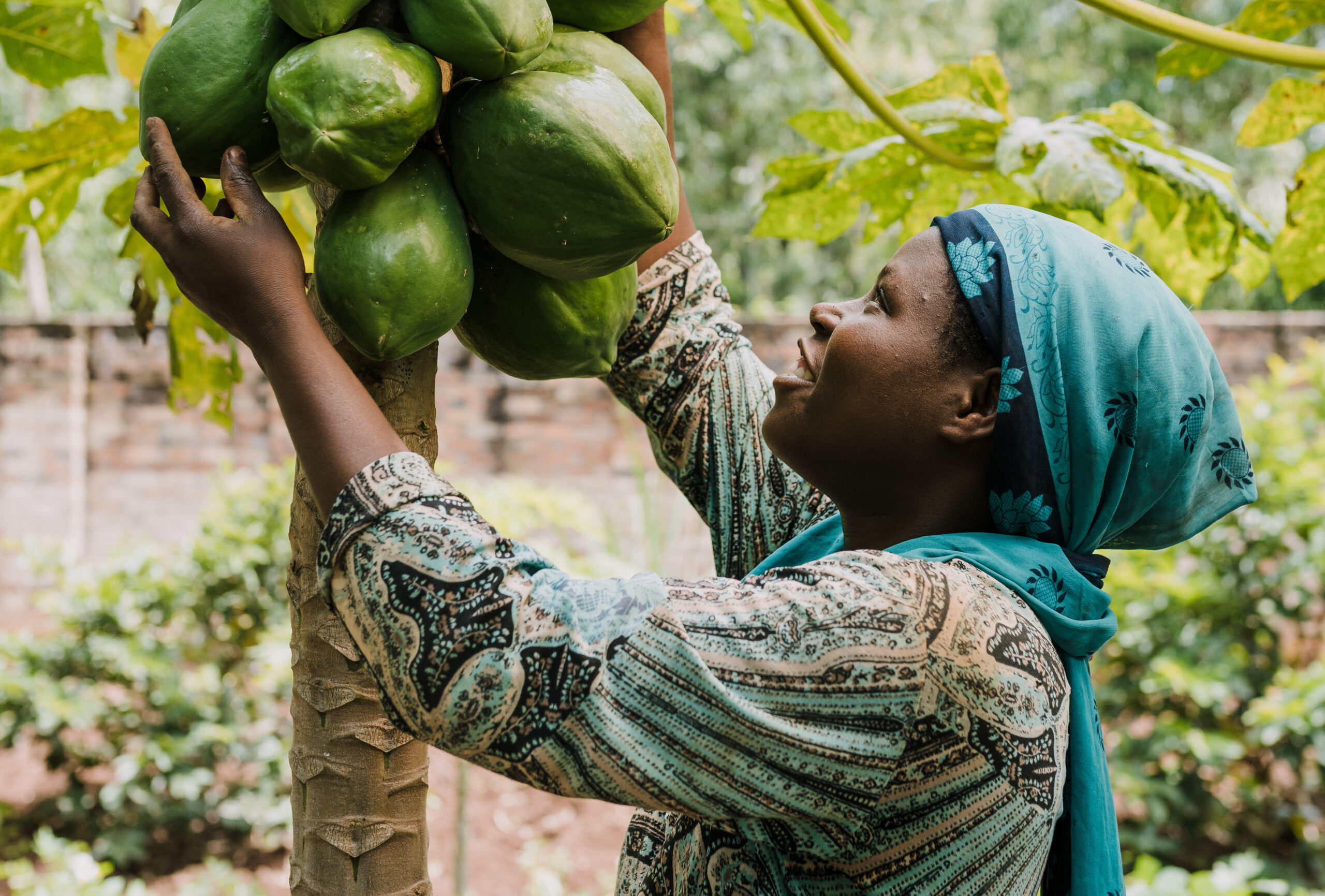In many developing countries, women face significant challenges and barriers to economic empowerment. However, innovative programs focusing on women-led organic kitchen gardens are emerging as powerful tools for transforming the lives of vulnerable women and their communities. These programs not only empower women but also create food security, income generation, and sustainable agricultural practices.
Employment of Women in Underserved Communities
Women in developing countries often bear the brunt of poverty, discrimination, and limited access to resources. Employment through organic kitchen garden programs can have far-reaching benefits. Women tend to reinvest a significant portion of their income into their families and communities, making them powerful agents of change. By providing women with training and resources, these programs offer them opportunities for skill development, decision-making, and leadership roles. Empowered women are more likely to advocate for gender equality, educate their children, and contribute positively to community development.
Food Security and Income Generation
Organic kitchen gardens are invaluable in addressing food security issues faced by poor families in developing countries. These gardens allow families to grow a diverse range of vegetables, herbs, and fruits, ensuring access to nutritious and fresh food year-round. By reducing dependency on expensive market produce, families can save money and allocate resources to other essential needs such as education and healthcare. Additionally, surplus produce can be preserved or sold, providing a source of income and economic stability for families.
Sustainable Growing Methods
Organic kitchen gardens promote sustainable growing methods such as composting, agroforestry, and other permaculture techniques. Composting enriches the soil, reduces waste, and minimizes the need for chemical fertilizers, thereby preserving soil health. Agroforestry involves integrating trees with food crops, creating a more diverse and resilient ecosystem while providing additional sources of income through timber, fruits, or medicinal products. Permaculture techniques promote biodiversity, water conservation, and natural pest control, contributing to the overall resilience and sustainability of the garden ecosystem. By adopting these methods, women-led organic kitchen garden programs support the preservation of soil health, biodiversity, and clean water systems.
Pathways to Financial Independence
Women involved in organic kitchen garden programs can utilize what they grow as a source of income by selling excess vegetables and fruits at local markets. This economic opportunity enhances their financial independence and provides a pathway out of poverty. Furthermore, these programs often provide training in entrepreneurship, marketing, and financial management, equipping women with the skills needed to establish successful small businesses. Women can form cooperatives, pooling resources and accessing larger markets, further amplifying their economic impact.
As women harness the economic potential of their kitchen gardens, they become agents of change, driving community development and breaking the cycle of poverty. Their leadership holds the power to create immense social and environmental benefits by facilitating economic development, strengthening community ties, promoting gender equality and supporting horticulture-based climate resilience initiatives. To lean more about these projects, visit Humanity Unified International.



